America's Future French Cars Will Have German Engines

Assuming PSA Group‘s plan to re-enter the U.S. market isn’t thwarted by an all-out tariff war, you can expect to see Peugeots or Citroëns plying the roadways of America by the middle of next decade. Maybe it’ll be sooner than that.
Whenever they arrive, the vehicles will boast four-cylinder engines designed in Germany by Opel, a former General Motors division whose parent decided to put it up for adoption.
Opel says its Rüsselsheim Engineering Centre will build the next generation of PSA Group’s four-cylinder gasoline engines. Promising improved fuel efficiency and lowered emissions, the company claims these new units will boast direct injection and turbocharging — and that they’ll be “optimised for operation in combination with electric motors.”
It’s only natural that with diesel on its way out the door in Europe, special consideration must be given to hybrid powertrains. Opel claims the new engines will meet emissions standards in three target markets: Europe, China, and North America.
While the automaker didn’t describe just how broad this engine range will be, it says it’s using the existing 1.6-liter PSA engine as a starting point. The engines should start appearing in PSA vehicles in 2022.
As for when PSA vehicles will start appearing on American shores, that’s far less clear. Until the dust settles in the current trade brouhaha, PSA can’t gauge the financials of returning to the United States. The automaker hopes to rely heavily on technology, not a dealership network, to move its wares, but there’ll be approvals needed first. Earlier this year, the company said it’s already engineering models that will be compliant with U.S. laws, adding that it could pull the trigger in about three years’ time, should it choose to.
[Image: PSA Group]

More by Steph Willems
Latest Car Reviews
Read moreLatest Product Reviews
Read moreRecent Comments
- CEastwood I have a friend who drives an early aughts Forrester who refuses to get rid of it no matter all it's problems . I believe it's the head gasket eater edition . He takes great pains regularly putting in some additive that is supposed prevent head gasket problems only to be told by his mechanic on the latest timing belt change that the heads are staring to seep . Mechanics must love making money off those cars and their flawed engine design . Below is another satisfied customer of what has to be one of the least reliable Japanese cars .https://www.theautopian.com/i-regret-buying-a-new-subaru/
- Wjtinfwb 157k is not insignificant, even for a Honda. A lot would depend on the maintenance records and the environment the car was operated in. Up to date maintenance and updated wear items like brakes, shocks, belts, etc. done recently? Where did those 157k miles accumulate? West Texas on open, smooth roads that are relatively easy on the chassis or Michigan, with bomb crater potholes, snow and salt that take their toll on the underpinnings. That Honda 4 will run forever with decent maintenance but the underneath bits deteriorate on a Honda just like they do on a Chevy.
- Namesakeone Yes, for two reasons: The idea of a robot making decisions based on algorithms does not seem to be in anyone's best interest, and the thought of trucking companies salivating over using a computer to replace the salary of a human driver means a lot more people in the unemployment lines.
- Bd2 Powertrain reliability of Boxer engines is always questionable. I'll never understand why Subaru held onto them for so long. Smartstream is a solid engine platform as is the Veracruz 3.8L V6.
- SPPPP I suppose I am afraid of autonomous cars in a certain sense. I prefer to drive myself when I go places. If I ride as a passenger in another driver's car, I can see if that person looks alert and fit for purpose. If that person seems likely to crash, I can intervene, and attempt to bring them back to attention. If there is no human driver, there will probably be no warning signs of an impending crash.But this is less significant than the over-arching fear of humans using autonomous driving as a tool to disempower and devalue other humans. As each generation "can't be trusted" with more and more things, we seem to be turning more passive and infantile. I fear that it will weaken our society and make it more prone to exploitation from within, and/or conquest from the outside.



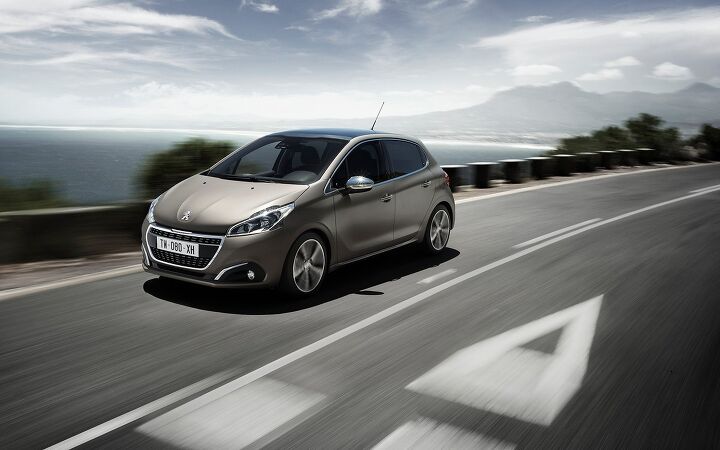















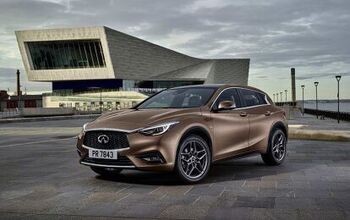
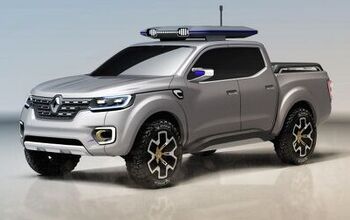
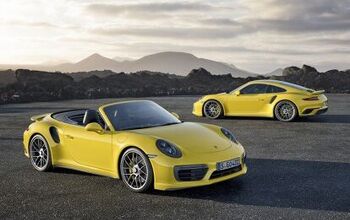
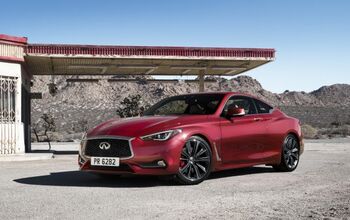
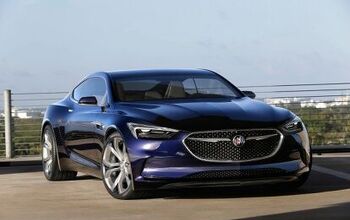

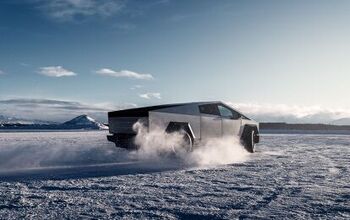








Comments
Join the conversation
Smart auto makers. They know that the US makes are abandoning the smaller cars. Hell, cars period. So once gas prices spike, and they will, they will be in giod position to fill that need. And hopefully we (taxpayers) won't be there to bail out GM, FCA, or Ford when they're standing there with their hands tied to their tender bits.
Would I rather buy an engine smaller than a soft drink ot a Hemi...